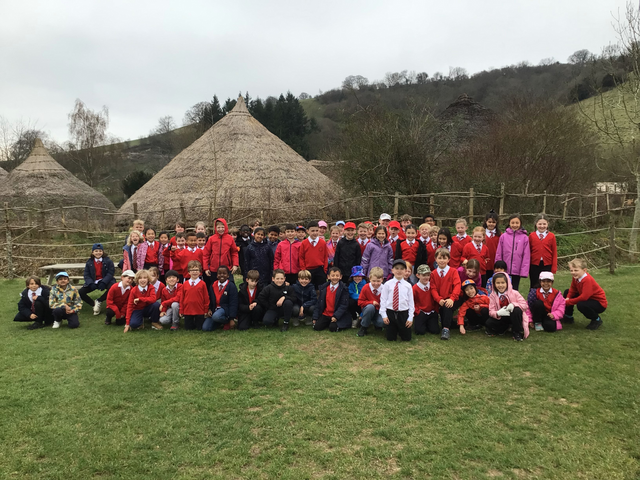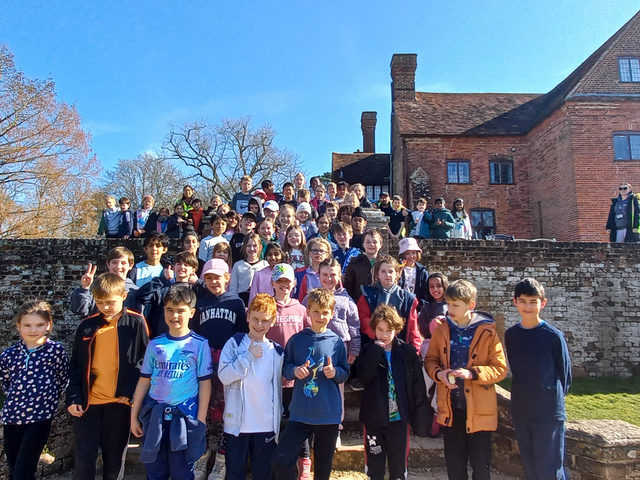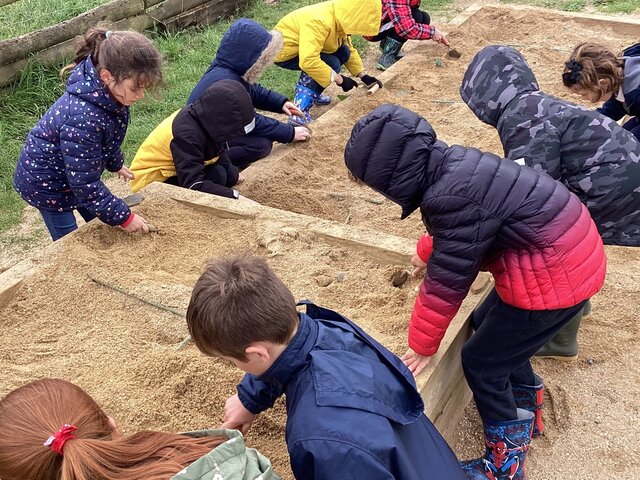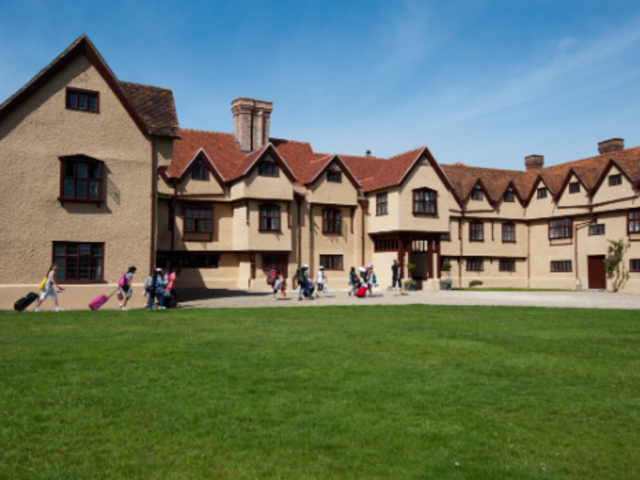Intent
History intends to give all students a broad and balanced view of the History of Britain and other societies. At Wallace Fields Junior School, our aim is for history to help pupils gain a coherent knowledge and understanding of Britain’s past and that of the wider world. We strive for history to inspire pupils’ curiosity about the past, enable children to ask perceptive questions, think critically and develop an understanding of how the past has an impact on the world today. Through the teaching of History, we endeavour to teach children to understand the complexity of people’s lives, the process of change, the diversity of societies and relationships between different groups, as well as their own identity and the challenges of their time.
In this, students will develop a well-rounded knowledge of the past and its events, with intention to improve every students’ cultural capital, understanding of the world around them and their own heritage. History at WFJS aims to be ambitious, and motivating: ambitious in our coverage of History and thorough teaching of Historical skills and motivating through engaging activities, trips and visitors that give all students an opportunity to question the past.
Implementation
We develop the children’s knowledge, understanding and skills of history by:
- Embracing the children’s curiosity by encouraging them to generate questions which they can reflect on throughout the topic.
- Helping the children develop their own sense of perspective of the world around them and the past.
- Enhancing the children’s chronological understanding of how the world has changed over time, the diversity of people’s lives and how past events can impact the future.
- Focusing on the progression of historical skills and providing the children with cross-curricular learning opportunities. Utilising the use of technology in our lessons to create a multi-sensory learning experience.
- Providing the children with trips and visits to explore fieldwork opportunities and reinforce their learning experience.
- Celebrating Black History as well as promoting anti-racism.
- The progression of skills is set out in order to build and develop the following:
- Chronological Understanding
- Knowledge and understanding of events, people and changes in the past
- Interpretations of History
- Historical Enquiry
Impact
In response to a pupil voice interview
- 100% of children either ‘really enjoyed’ or ‘enjoyed’ their history lessons.
- 100% of children agreed that history provided them with a better understanding of the world around them.
- 33.3% believed they are sometimes encouraged to challenge themselves within their history lessons with a further 66.7% who feel they are encouraged to challenge themselves.
Children’s favourite part of learning history included:
- The understanding of the people who lived before them.
- Learning about what has evolved from time.
- Learning about the amazing things that happened a long time ago.
- Knowing more about the world before they were born.
- Ancient Greek Gods.
- Learning about different eras.
- Learning about the past.
To improve history, children believed that:
- Learn history more frequently.
- Make more things
- Learning more about heroic black figures.
When asked to describe history in one word, the children generated the following
- Blood-filled
- Fascinating
- Fun
- Interesting
- Enjoyable
- exciting
From the observation of lessons and book looks within different year groups, the teaching was of a very high standard and there was evidence of challenge opportunities and the exploration of historical skills and knowledge.
All teachers have worked hard to deliver inclusive, fun, engaging and inspirational history lessons to all pupils.
How do we teach history for those with Special Educational Needs?
We teach history to all children, whatever their ability. History forms part of the school curriculum policy to provide a broad and balanced education for all children. We provide learning opportunities that are matched to the needs of children with learning difficulties and take into account any arrangements from their SEND support plans to allow children to learn key historical knowledge and skills.
Visits
Wherever possible, our history curriculum is enhanced by trips and visitors, as these bring the curriculum to life for our children. Experiential learning is a vital part of learning about history.
- Year 3: Crew Theatre Roman themed work shop.
- Year 4: Upton Court residential to experience life during the Viking period.
- Year 5: History of the Hogsmill.
- Year 6: Ancient Greek mythology workshop.
For further details on the teaching of history across the school, please view our progression map.
History progression map
National Curriculum
To find out more about the national curriculum for History in Key Stage 2 that the school is following click here.
Related News


Related Events

Year 3 Trip to Butser Farm






